I’ve been forecasting for months. Planning meticulously. New habits, new structure, new narrative. The self I could be lives on a dozen Notion pages and notes I write down before bed, high-performing, deeply content, she’s built like a founder and moves like she’s already landed the next round.
But quarter after quarter passes, and the ROI is missing. I keep editing the pitch deck, never sending it. I’m stuck in the strategy phase of becoming.
There’s a fine line between ambition and paralysis. One minute you’re building a dream life, the next you’re benchmarking your self-worth against someone else’s product launch or pilates schedule. Every version of success looks appealing until it’s time to put money down, time, energy, ego….
The truth is: I’m not scared of failing. I’m terrified of being seen failing. Of someone clocking me mid-try, mid-mess, mid-draft. I want the outcome to speak for me. But silence doesn’t scale. And the irony? If this were someone else, someone I believed in, I’d invest in a heartbeat. No questions, no fear of judgment. I’d back them early. I’d buy equity while it was still cheap.
But when it’s you, the hesitation creeps in. You start to question the numbers. You hold off. You want proof first. You wait for a version of yourself that’s already successful before you act like she is.
Here’s the better approach:
Stop forecasting. Start funding.
Confidence sadly isn’t data-backed, it’s built through momentum. Through doing things before you feel fully ready. Through letting people witness your attempt before the glow-up.
Your self-worth isn’t a hypothetical future valuation. It's cash in hand. Treat it like it.
I don’t have it all figured out, far from it. But I’ve been thinking about what it actually means to invest in yourself. The operational, unsexy moves that, hopefully, pay off in the long run.
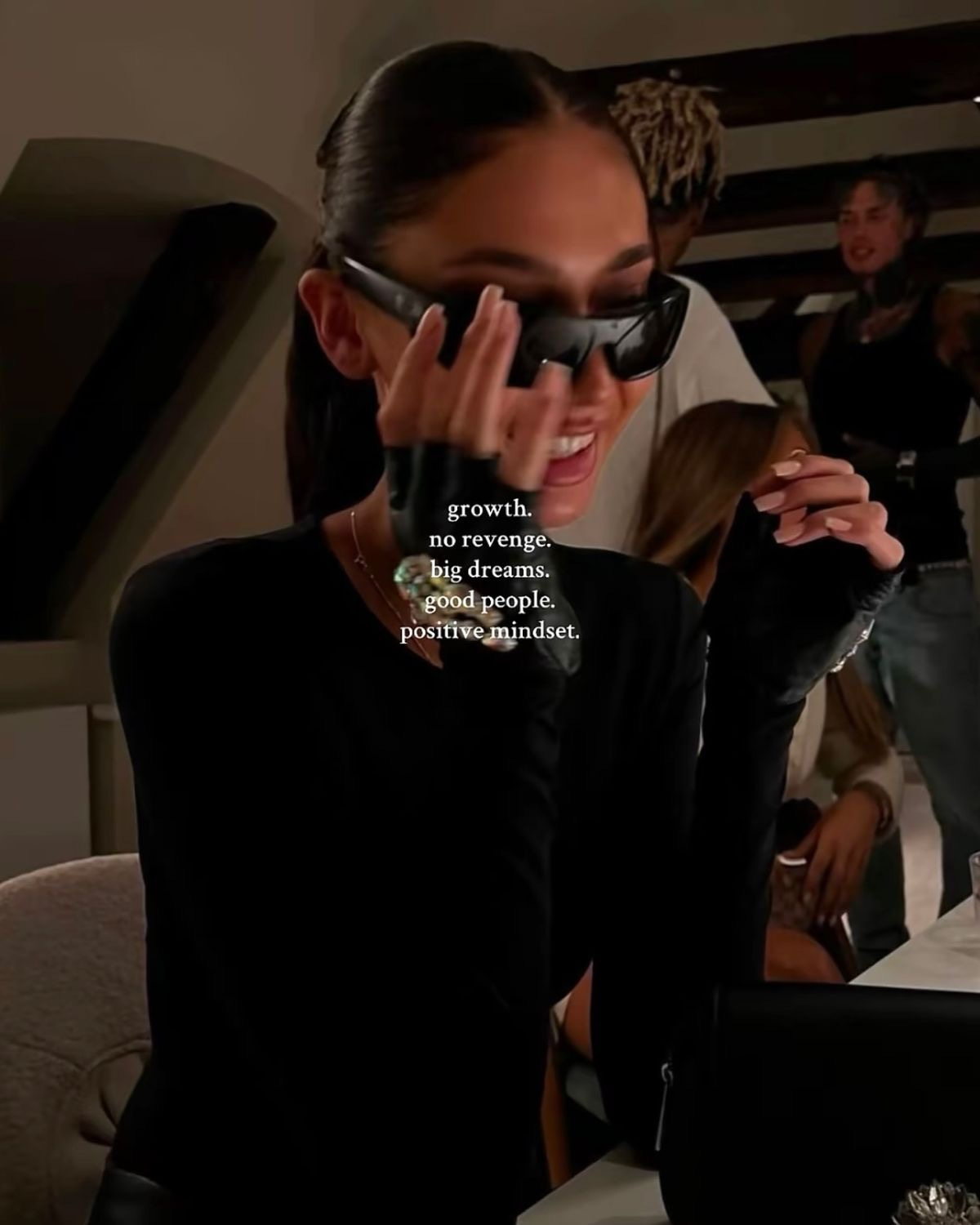
Having your own definition of success and being loyal to it.
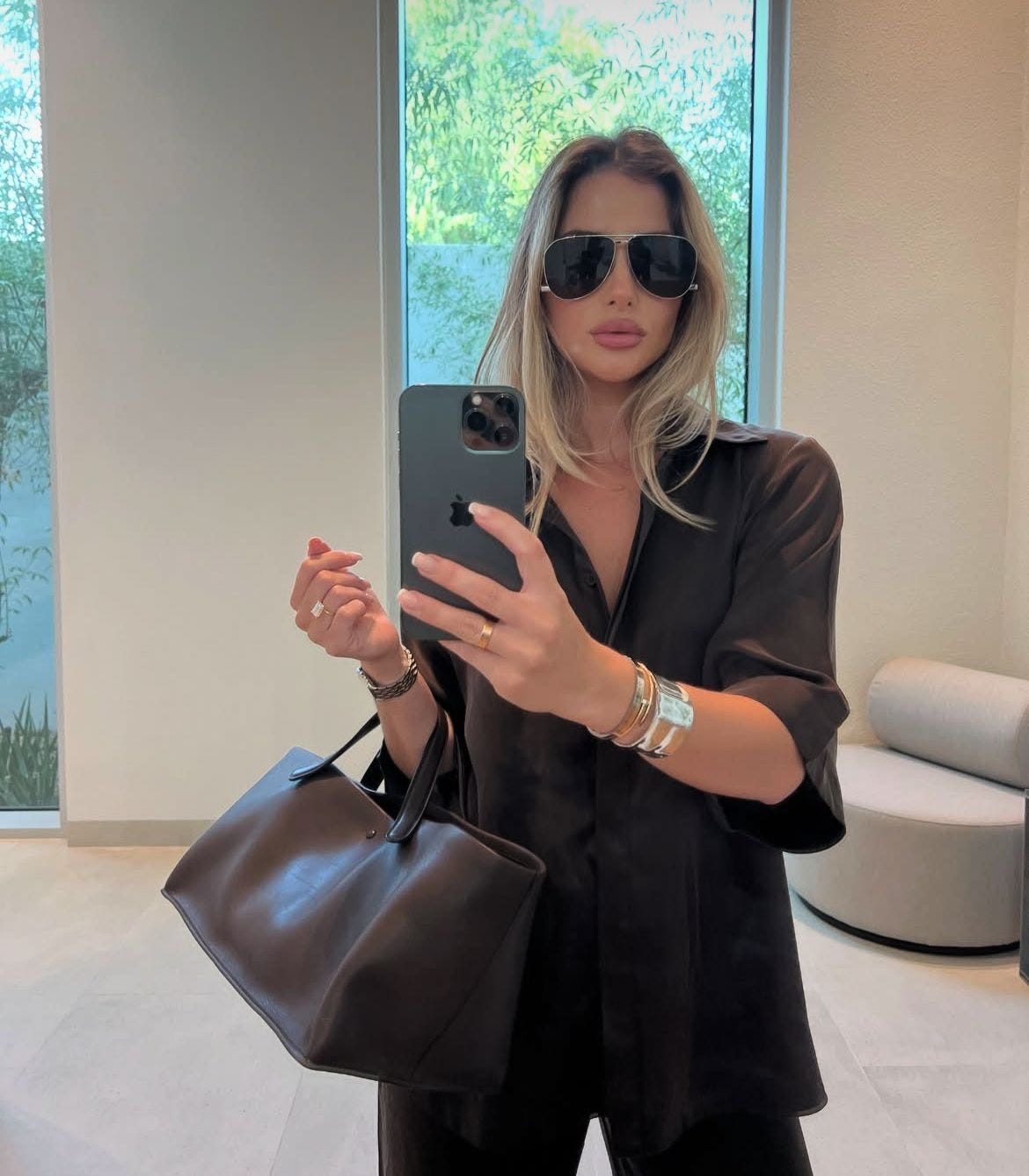
Success is personal. Deeply so. It doesn’t always come with a title change or a public milestone. Sometimes, it's not waking up anxious. Other times, it’s being able to go on a walk without spiralling into comparison mode. The danger isn’t ambition.
I’m scared of chasing someone else’s version of it.
The world will offer up a hundred metrics to measure yourself against, but if you don’t set your own metrics, you’ll end up performing for a rubric you didn’t create, collecting milestones you didn’t ask for. For me, the hardest part is often staying loyal to those definitions, especially when they feel small. But again, that’s the thing about real self-investment, it doesn’t always return instantly. It’s long-term equity. And that means knowing the value, even when the market doesn’t.
Paying for the app/ subscription or whatever sharpens your ideas, workflow, or perspective etc.
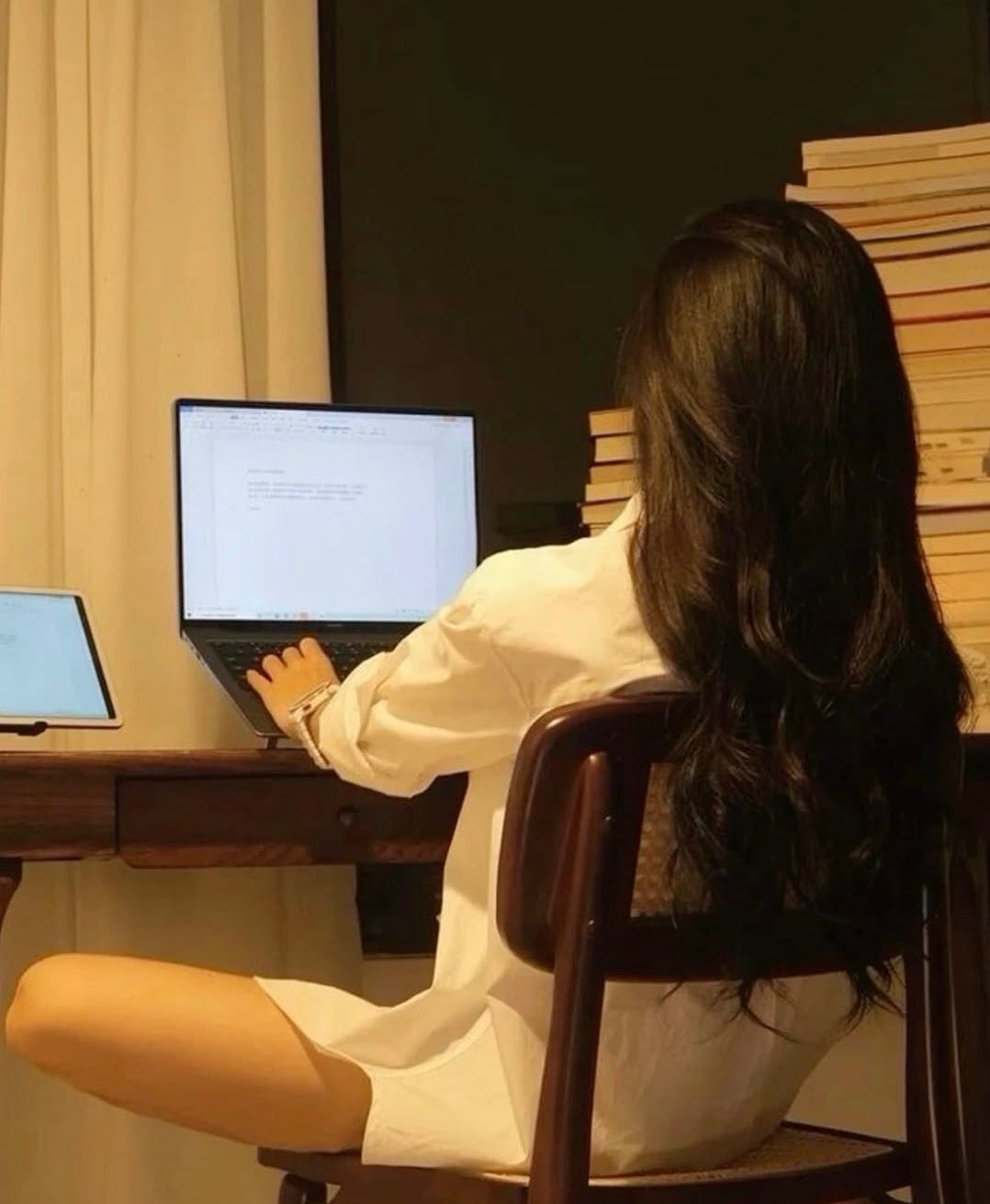
Sometimes the smartest money you’ll spend is on something you can’t see but on a tool that lives on your phone, in your mind, or in your week, but makes you feel 2% better every day. It could be the journaling app that helps you process your thoughts before they spiral. A magazine/ newsletter subscription that keeps your brain fed. A set of Lightroom presets that make posting more fun. The meal planning service that helps you eat in a way that fuels you. Or even therapy because sometimes the real investment is just getting to know yourself better. Fund your curiosity. Fund your recovery. Fund your growth. Fund your mind like it’s your most valuable asset. Because it is.
Becoming a better friend to yourself.
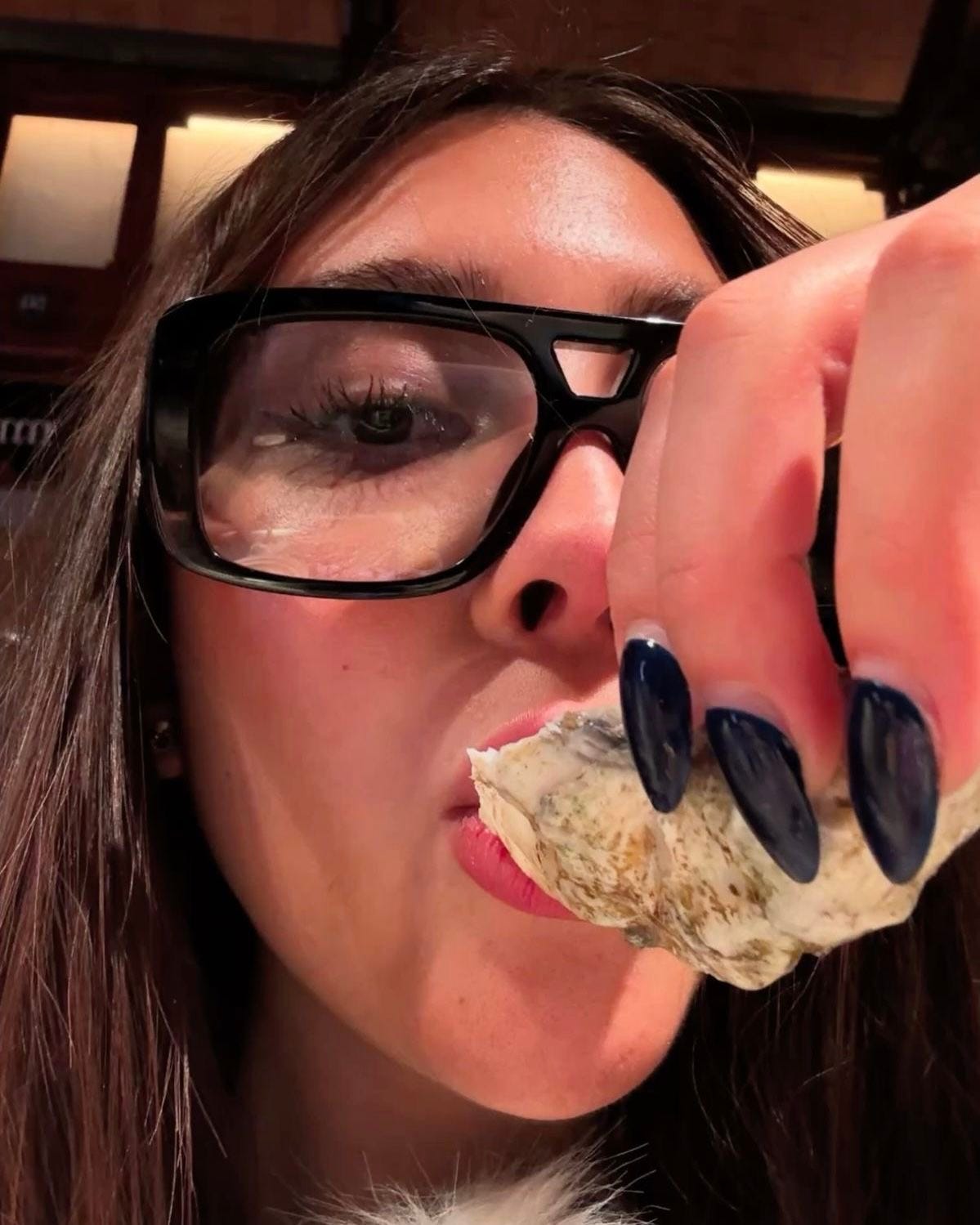
The way you show up for the people you love, do that for you. When I mess up, I replay it over and over, searching for proof that I’m the problem. I become my own worst critic. But if a friend made the same mistake, you wouldn’t ghost them. You’d call, check in, remind them they’re still amazing. Becoming a better friend to yourself means breaking that habit. Not coddling, just offering the same compassion you’d give anyone else without question. We’re not projects to manage, but people to also care for. Noticing when you’re tired, overstimulated, or spiralling. You're not just the worker, or the fixer, or the achiever. You're also the friend.
Learning your features.
Investing in yourself isn’t always about the big-picture stuff, it’s also about the small, tangible ways you get to know what makes you feel confident and comfortable in your own skin. I’ve found that paying attention to details like which skincare products suit my skin type, or watching makeup tutorials on YouTube or Red Note from people who actually share my eye shape, mouth shape, or skin tone, is a surprisingly effective way to build confidence. Learning from what works for others with similar features and adapting it to fit you. The same goes for hair, skincare, and style. Finding hairstyles, products, an aesthetic that naturally flatter your face shape or become your go-to style takes trial and error, but once you land on them, they become effortless tools in your routine. This process of discovery, testing new things, taking note of what feels right, and letting go of what doesn’t is a real, practical form of self-investment. Over time, it adds up. It changes how you carry yourself, how you see yourself, and ultimately, how you show up in the world.
Rewriting your internal valuation model.
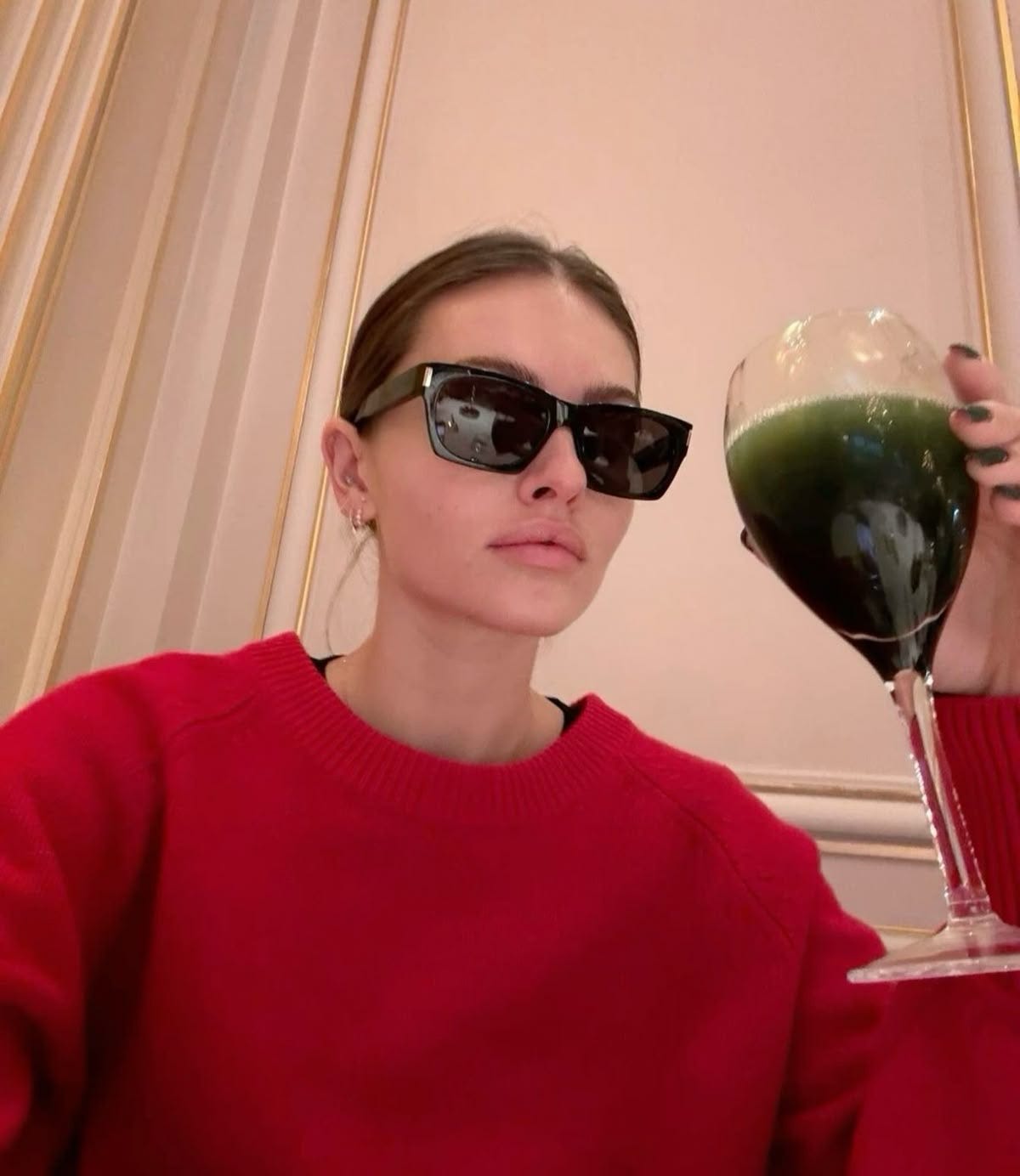
For years, I’ve measured myself by how much I produce, by the tasks checked off, the goals reached. But that constant tallying started to feel like a trap. It’s easy to fall into the habit of equating how busy you are with how valuable you are. The world loves to reward busyness, back to back meetings, full calendars, endless to do lists. I’m working on unlearning that mindset, the one that makes rest feel like a detour or a punishment. Rewriting how I value myself means untangling my identity from my output. This shift isn’t about adding new habits; it’s about dismantling old beliefs, that self-worth is conditional and tied to achievements. Sometimes, the most radical act of investment is simply choosing rest and see value in existing without proof or validation.
Seasonal upgrades.
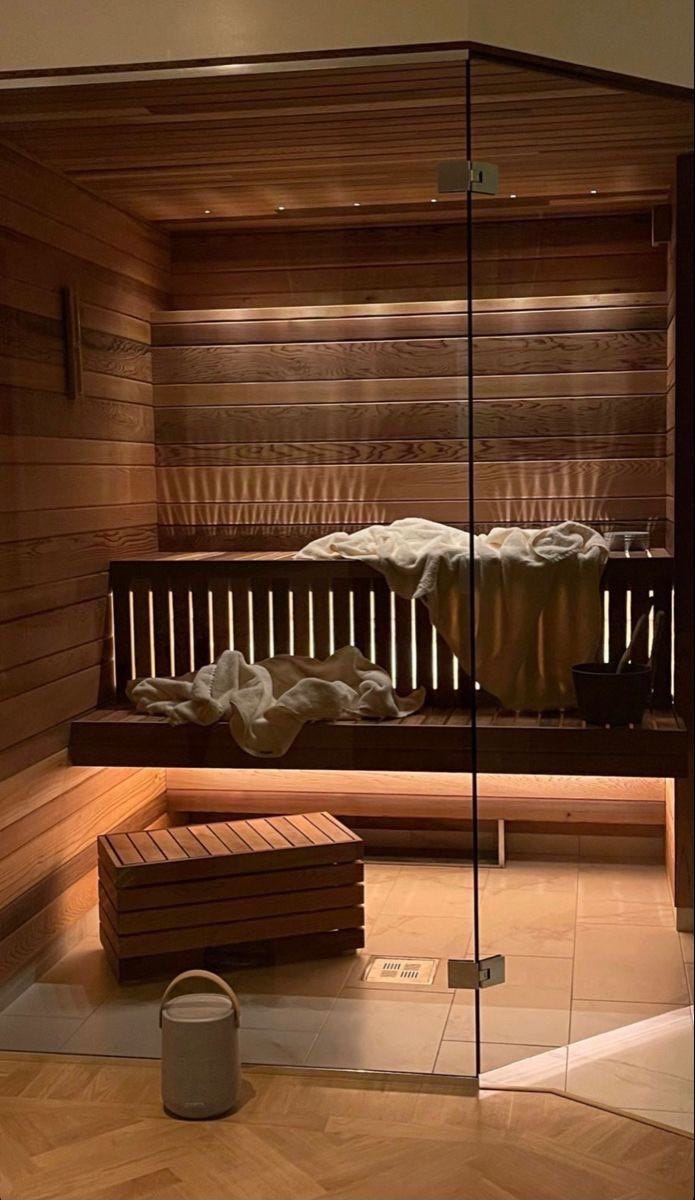
Investing in yourself means protecting the baseline, the foundation that fuels daily performance. The body isn’t static; it shifts with the seasons, and ignoring those changes can cost more than just comfort. Where I live, winter months are especially wet and damp, and in traditional Chinese medicine, that kind of external dampness is believed to seep inward, affecting how the body functions. It calls for adjustments: fewer cold drinks and raw foods, more warming meals, and supplements chosen specifically to restore balance. Upgrading a gym membership to one with a sauna during colder months isn’t a luxury, it’s a tactical play to enhance circulation and aid recovery. Booking massage sessions when the body feels tense becomes less about indulgence, more about preventing burnout. These aren’t just wellness habits; they’re strategic decisions that preserve mental clarity and physical stamina throughout the year. Aligning with the seasons instead of resisting them builds a steady baseline and backing yourself daily, without the pressure to always perform at peak, is one of the most valuable investments you can make.
Perfect is a high-cost strategy, it asks for everything, all at once. But “good enough,” done consistently, builds more value over time. One walk. One glass of warm water in the morning. Saying No. Saying Yes. None of it feels revolutionary, but stacked together, it’s capital. They create structure, confidence, momentum. Like compound interest, their power is in the repetition, daily deposits that carry weight over time.
Investing in yourself means playing the long game, that’s how value builds.
Chat soon!
Nancy Xx





I LOVE THIS ANALOGYY
being a painter and constantly feeling like my art was less than, not enough and unworthy of investment. when you let go of that expectation of perfection, you open pieces of you that you didn’t know existed